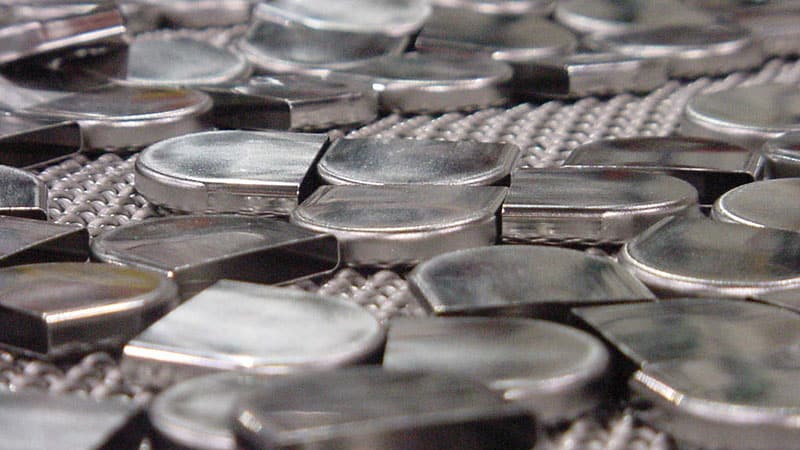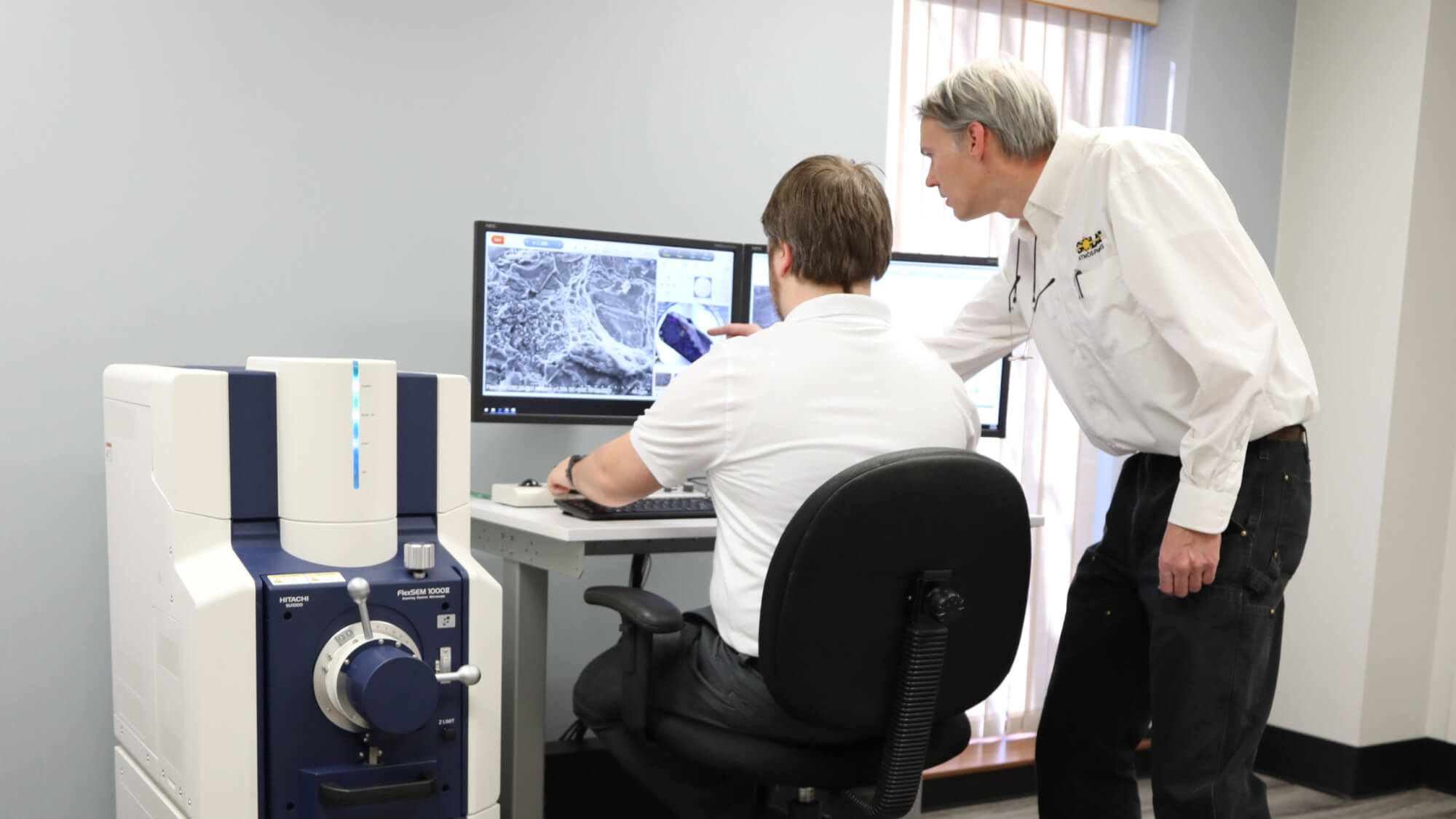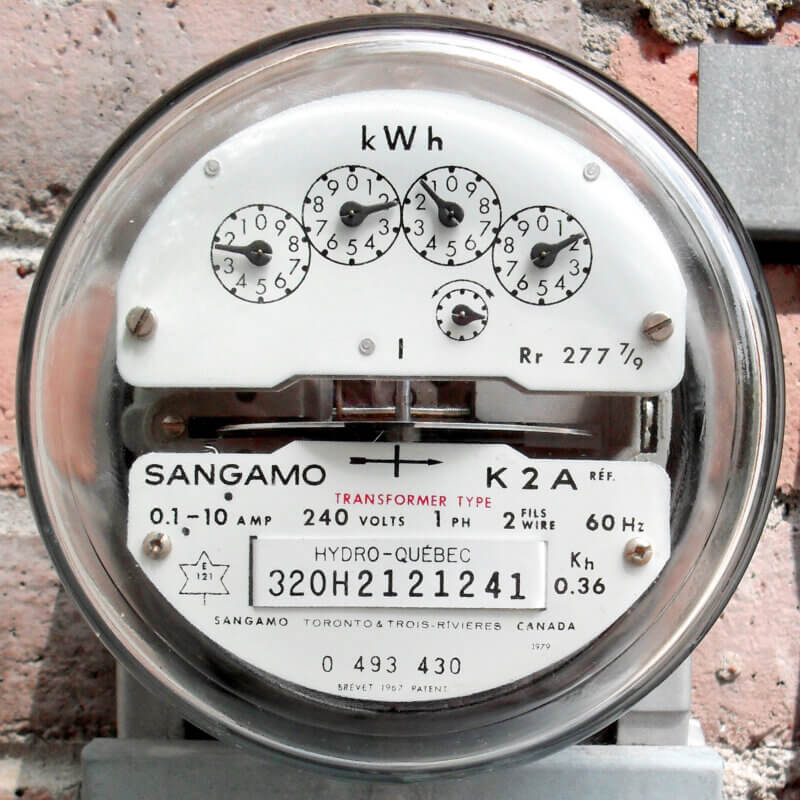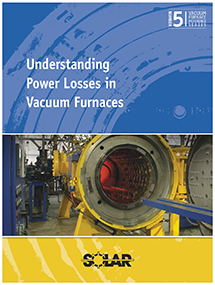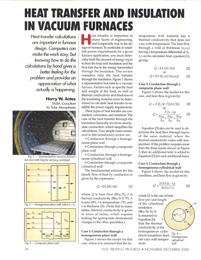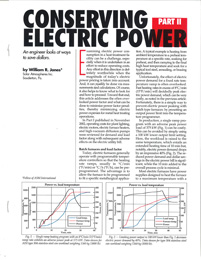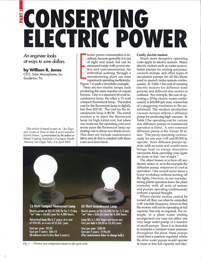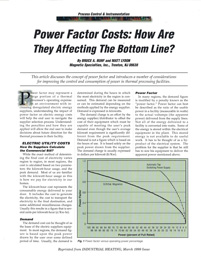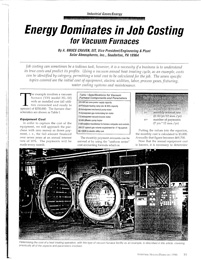CALL: 1-855-WE-HEAT-IT
Power Conservation
Conserve Electric Power and Save Dollars in Vacuum Processing
Generally, electric power consumption is insidious because it is not seen and is not considered enough by operating personnel. The following is a summary of power consumed in a typical heat treat plant.
Understanding Power Losses in Vacuum Furnaces
Since the early development of the vacuum furnace, engineers and thermal experts have continually tried to improve the insulating characteristics of the furnace hot zone. Several materials have been used for different applications with varying success. However, all designs must still deal with the heat losses penetrating through the insulation materials and the need to minimize these losses. This is especially important today with the continual escalation of electrical power cost. This paper will review the different types of hot zone insulation materials used, the projected losses of the different designs, the impact relating to furnace cycle heating rates and cycle times, and the projected cost advantages of one design over another.
Heat Transfer and Insulation in Vacuum Furnaces
Heat transfer calculations are important in furnace design. Computers can make the work easy, but knowing how to do the calculations by hand gives a better feeling for the problem and provides an appreciation of what actually is happening.
Conserving Electric Power Part II
Examining electric power consumption in a heat treatment facility can be a challenge, especially when it is undertaken in an effort to reduce operating costs. Any effort in this direction is definitely worthwhile when the magnitude of today’s electric power pricing is taken in to account.
Conserving Electric Power Part I
This article is in part on “An Engineer’s View on how to conserve $ and electric power”, presented at the Metal Treating Institutes Furnaces North America, Las Vegas NV April 3-4, 2002. This article is part 1 of a two part series.
Power Factor Costs: How are They Affecting the Bottom Line?
This article discusses the concept of power factor and introduces a number of considerations for improving the control and consumption of power in thermal processing facilities.
Energy Dominates in Job Costing
Job costing can sometimes be a tedious task, however, it is a necessity if a business is to understand its true costs and predict its profits. Using a vacuum anneal heat treating cycle, as an example, costs can be identified by category, permitting a total cost to be calculated for the job. The seven specific topics covered are the initial cost of equipment, electric utilities, labor, process gases, fixturing, water cooling systems and maintenance.

